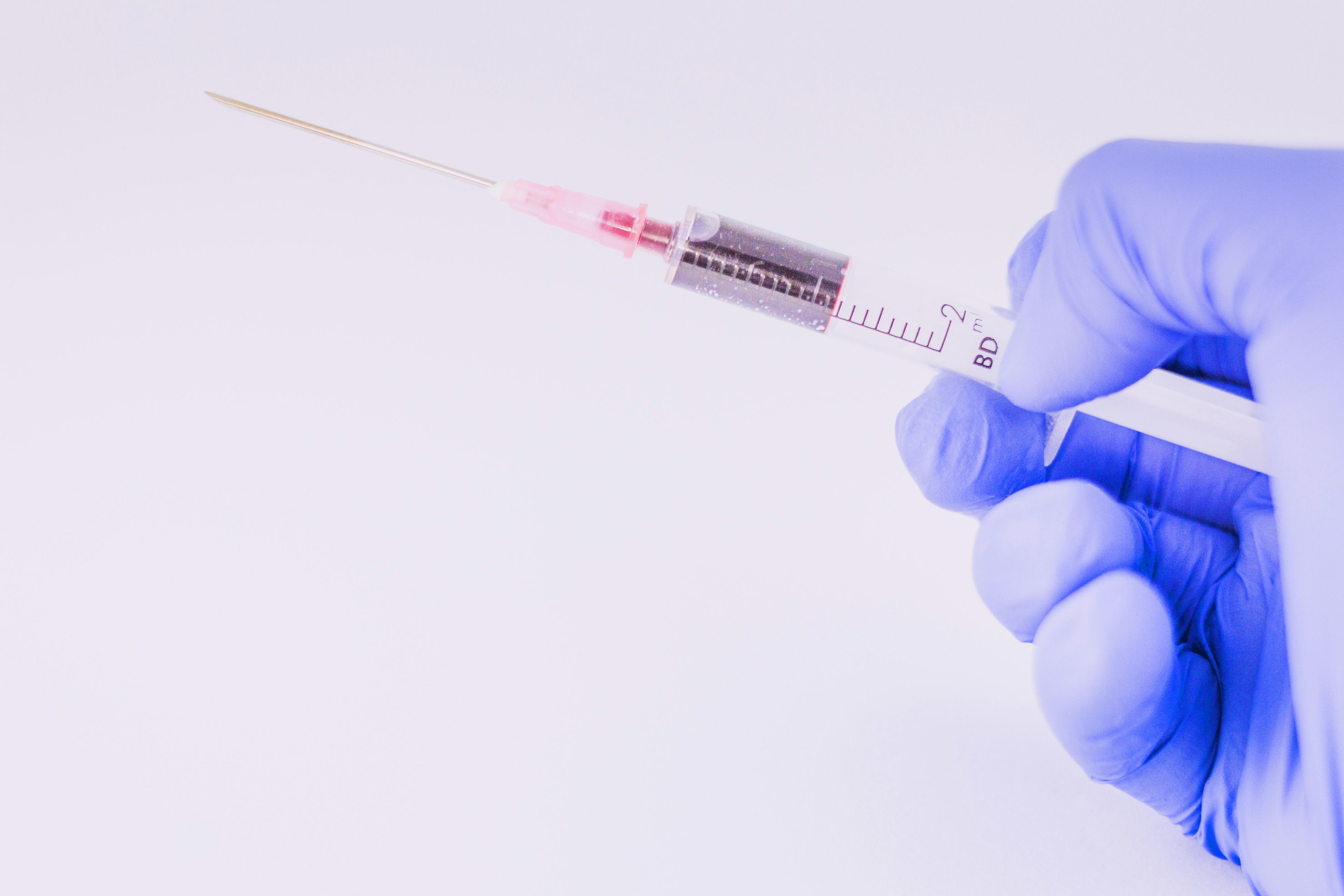Views expressed in opinion columns are the author’s own.
In the United States, physician-assisted suicide is considered taboo. Until recently, the same was true worldwide; after all, it’s a violation of the Hippocratic Oath to offer any treatment that seeks to end a patient’s life rather than improve it. As a result, since the first significant drive to legalize its practice in the early 20th century, only seven states and Washington, D.C. have legally endorsed it under rigorously supervised conditions.
On March 7, the Maryland House of Delegates unexpectedly approved a controversial bill allowing the terminally ill to seek medical aid for death. During deliberation, Maryland Del. Eric Luedtke (D-Montgomery) delivered an emotional testimony disclosing the intense physical pain his mother endured during the last few days of her life after being diagnosed with late-stage esophageal cancer.
Luedtke’s brave testimony emphasized the importance of the patient’s opinion when deliberating suicide. When a patient with a terminal prognosis is suffering from extraordinary and unmitigable physical pain, death — despite its brutality — may be a form of relief. But too often, said opinion goes overlooked.
If a patient is in visible distress and suffering from a terminal illness, it can be difficult and potentially deceptive to assure them that what they’re feeling will eventually pass. It also places a burden on loved ones, who have to bear witness to their suffering.
It’s important to draw the distinction between euthanasia and physician-assisted suicide, which have been erroneously interchanged. Euthanasia involves the doctor directly administering a lethal dose of a drug that ends the patient’s life. Physician-assisted suicide, on the other hand, is patient-centric; the doctor prescribes lethal medication but ultimately gives the patient complete autonomy to take it. While euthanasia is pretty universally viewed as crossing certain ethical boundaries, the debate surrounding physician-assisted suicide is significantly more murky.
There is something morally questionable about denying patients in excruciating and incurable pain the ability to determine how they want to live the last days of their lives. Being autonomous is arguably intrinsic to our very nature; depriving free will has historically led to some of our most despicable cases of dehumanization.
This point is not without controversy. Manne Sjöstrand, among others, argued that because autonomy is valuable, suicide is an irreconcilable fate because the necessary conditions for autonomy are lost. Essentially, some autonomy, no matter how limited, is better than no autonomy — the fate everyone is doomed to when they die.
This argument is flawed because it assumes that autonomy operates solely as a capacity. Rather, autonomy is arguably only significant when it is exercised. In the same Sjöstrand et al. article published in Medicine, Health Care and Philosophy, the authors illustrate this point using slavery as an example, refuting their earlier point. While freedom is technically greater for a slave than a corpse, it has an inconsequential impact on their life because they are very unlikely to exercise any of that freedom.
In addition, if you weigh every infringement upon freedom as detrimental to the person’s welfare, then ultimately slavery is a worse fate than death. If autonomy is defined in this sense, then rejecting a person’s will — given careful consideration — to die by suicide is a direct and complete infringement on their autonomy.
In light of recent movements galvanizing support for mental health — unquestionably an essential and oft-misunderstood issue — it can also be presumptuous to assume that everyone who decides to end their life is suffering from mental health issues. Pain is often subjective, and can be influenced by a variety of factors including mental health issues.
There is no clear answer to the dilemma of physician-assisted suicide; there are still ethical questions regarding the role of the physician, the mental state of the patient, etc. However, the stigma surrounding the issue only prevents meaningful discourse and neglects the opinion of the patients themselves.
Kevin Hu is a freshman physiology and neurobiology major. He can be reached at kevxhu@gmail.com.



